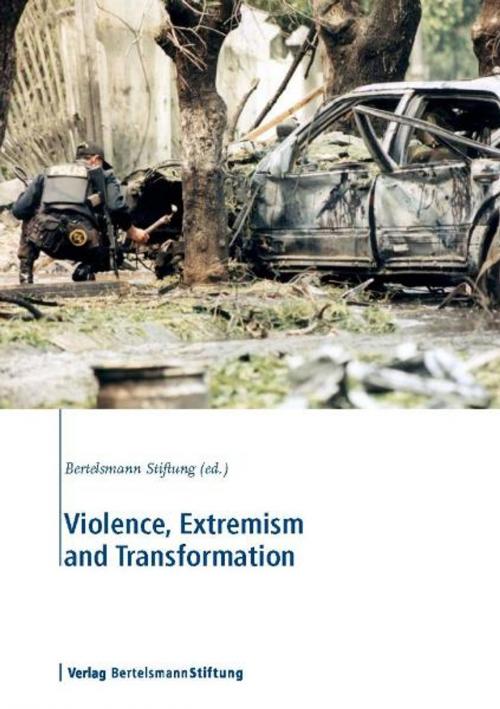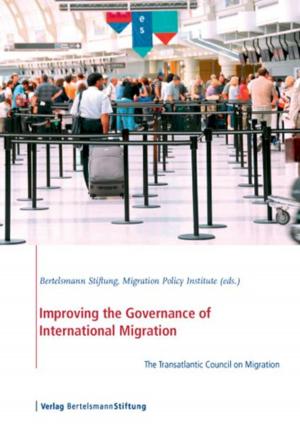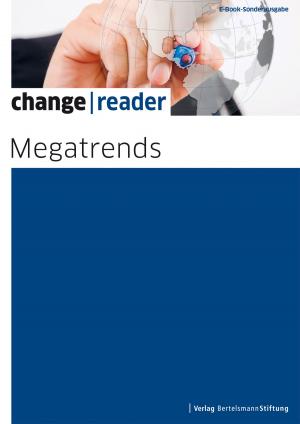| Author: | ISBN: | 9783867932431 | |
| Publisher: | Verlag Bertelsmann Stiftung | Publication: | July 30, 2010 |
| Imprint: | Language: | English |
| Author: | |
| ISBN: | 9783867932431 |
| Publisher: | Verlag Bertelsmann Stiftung |
| Publication: | July 30, 2010 |
| Imprint: | |
| Language: | English |
Based on the results of the Bertelsmann Transformation Index 2006 (BTI), this study challenges widespread assumptions and stereotypes about the nature of political violence. It reminds us that religious extremism, while on the rise, accounts for only a small fracture of armed conflict in the world. Moreover, Western countries' preoccupation with transnational terrorism is misleading, as most political violence has been and remains local in its origin and its area of activity. Study results call for a factual and more differentiated assessment of the threats posed by militants and extremists. If political violence and terrorism are still predominantly home-grown, the multitude of local causes, such as socioeconomic grievances or state weakness, should receive more attention. In any comprehensive effort to foster stability, political institutions will have to play the pivotal role. This insightful analysis is linked directly to the broader results of the BTI 2006, which highlight the major democratic deficiencies in 119 development and transformation countries. It underlines the importance of supporting democratic institutions and good governance in international efforts to combat terrorism.
Based on the results of the Bertelsmann Transformation Index 2006 (BTI), this study challenges widespread assumptions and stereotypes about the nature of political violence. It reminds us that religious extremism, while on the rise, accounts for only a small fracture of armed conflict in the world. Moreover, Western countries' preoccupation with transnational terrorism is misleading, as most political violence has been and remains local in its origin and its area of activity. Study results call for a factual and more differentiated assessment of the threats posed by militants and extremists. If political violence and terrorism are still predominantly home-grown, the multitude of local causes, such as socioeconomic grievances or state weakness, should receive more attention. In any comprehensive effort to foster stability, political institutions will have to play the pivotal role. This insightful analysis is linked directly to the broader results of the BTI 2006, which highlight the major democratic deficiencies in 119 development and transformation countries. It underlines the importance of supporting democratic institutions and good governance in international efforts to combat terrorism.















